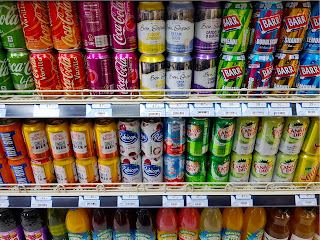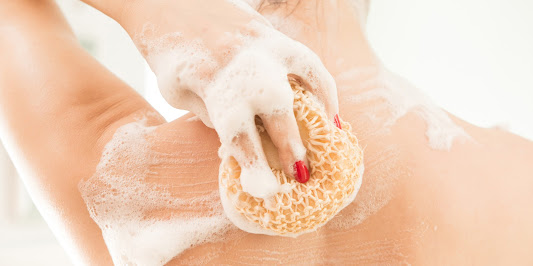Isopropanol is flying off the shelves thanks to the current pandemic.
Isopropanol is flying off the shelves thanks to the current pandemic.
Isopropanol is a clear, standard chemical that we use almost every day. It is used in many industries such as pharmaceuticals, automotive, personal care products, and cleaning. The primary and general use has been shifted toward being one of the top essential chemicals to combat the current pandemic against Covid-19. Isopropanol has been and always be the prime ingredient of hand sanitizer or rubbing alcohols. Now it is flying off the shelves.
Isopropanol has been primarily used as an antiseptic to remove and sterilize bacteria and viruses from the skin. Studies have shown that 50-70% concentration is more than adequate to kill most bacteria (1). It kills cells by denaturing the proteins and DNA, dissolving cellular membranes (1).
Even though isopropanol is viewed as a safe chemical, it can be hazardous if exposed to high concentrations. Isopropanol can dissolve soft plastics such as cling wrap, bubble wrap, and liners (2). As the chemical is volatile, irritant, and corrosive, it is hazardous if you inhale or get exposed to your skin and eyes. Minimal signs of adverse effects can be like dry skin and slight irritation; however, they could lead to headaches, burns, tissue damage, and consciousness loss (3). Make sure to check the labels of the hand sanitizer bottle and follow its instructions carefully.
Despite the controversy between washing your hand to using alcohol, It is always better to wash your hands with soap and water than using hand sanitizer. Using hand sanitizer heavily depends on the amount and how clean your hands are. If your hands tend to be oily or greasily, hand sanitizers will not be sufficient (4). Even if people do not use an adequate amount, it can lead to incomplete sanitization and have risks of having the virus on your body.
Washing your hands can ensure that you are cleaning your hands without worrying about harming, drying, and worry about having bacteria and viruses infect you later on. In that case, it is more effective, safer, and easier to protect yourself from Covid and other potential bacteria and viruses. However, if you do not have soap and a sink nearby, using hand sanitizer can help kill bacteria and keep you safe and healthy to avoid getting sick and risk getting the coronavirus.
References
(1) PubChem. Isopropyl alcohol https://pubchem.ncbi.nlm.nih.gov/compound/Isopropyl-alcohol (accessed Feb 4, 2021).
(2) Safety Data Sheet. Isopropyl Alcohol (2-Propanol) http://www.labchem.com/tools/msds/msds/LC15750.pdf (accessed Feb 4, 2021).
(3)Show me the science – when & how to use hand sanitizer in community settings https://www.cdc.gov/handwashing/show-me-the-science-hand-sanitizer.html (accessed Feb 4, 2021).




Comments
Post a Comment